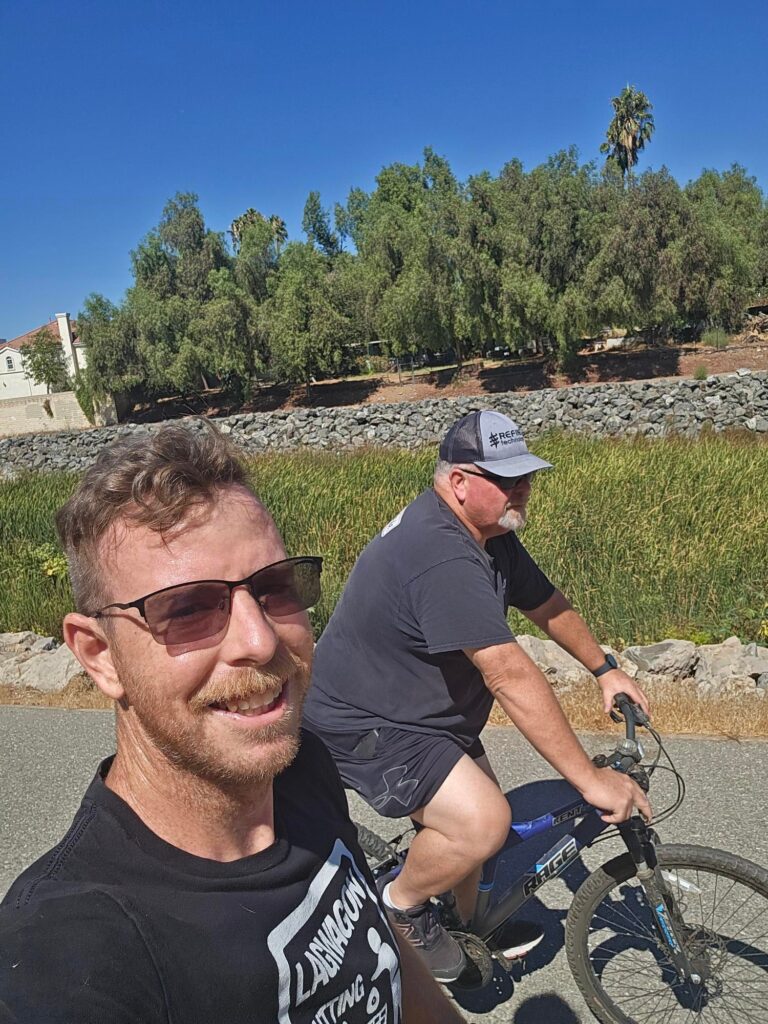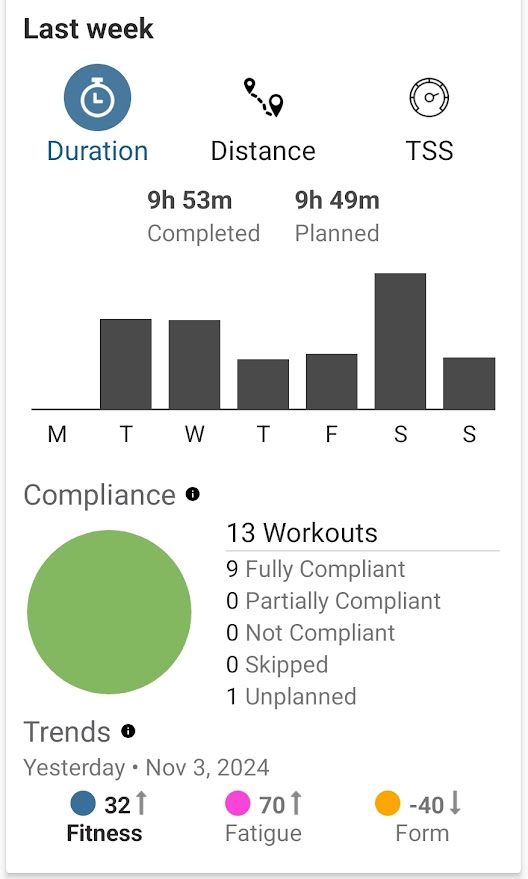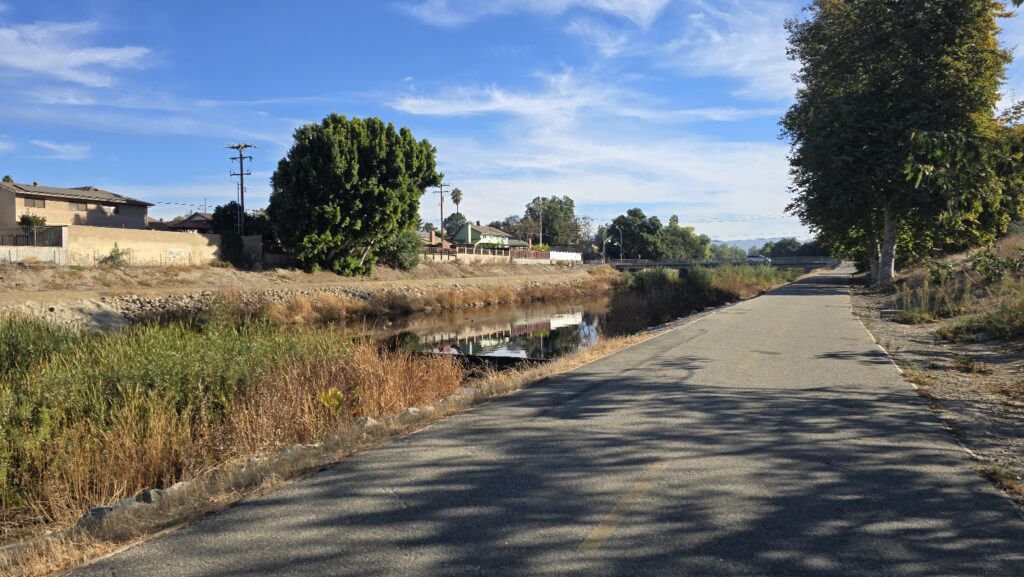After a stretch of inconsistent training, I’m back at it, working steadily to regain my fitness. Life has been anything but routine lately, with a new addition to the family—our daughter, now seven weeks old. Today, I want to explore what it’s been like coming back after a health scare and the challenges of reprioritizing training within the wider framework of family and career responsibilities.
Rediscovering Purpose Through Triathlon
Triathlon has undoubtedly changed my life. I know many triathletes, and every one of them seems to be a well-adjusted, driven person. True, there’s a certain bias in this group—it’s an expensive sport, so most triathletes aren’t facing financial insecurity. Yet, the same positive impact on well-being extends to runners I know, who need only a good pair of shoes. Exercise offers something essential to the brain, a natural fulfillment that’s increasingly missing in our modern lives. We used to work outside, using our bodies and interacting with others daily. But today, much of that is fading. I know that for me, it’s this lack of physical challenge that breeds dissatisfaction. My cure? Testing my body and mental limits.

Building Mental Fortitude: The True Test of Triathlon
Triathlon is a physical and mental sport, pushing both aspects to their limits. I’ve reached moments where my legs simply wouldn’t turn the pedals anymore. But getting to that point required breaking through mental barriers. Triathlon is more about mindset than anything else. Swimming endless laps with only the black line on the pool bottom, staying aero on the bike for hours, then convincing yourself your legs can run a long distance after—this sport takes a unique kind of mental fortitude. It’s about confronting the voice that says, “I don’t think I can do this,” and pushing forward anyway.
Reflecting on My Journey: Resilience On and Off the Course
That strength has helped me in all areas of life. At the start of my career, I felt like an imposter, uncertain of success, but I kept at it. Reflecting on past jobs—from warehouse to retail, construction to security—I realize that resilience has always been a quality of mine, but triathlon has brought it into sharper focus.
Overcoming a Health Scare and Rebuilding Fitness
Earlier this year, while training for the Ventura Marathon, I encountered a new challenge: health issues. I developed premature ventricular contractions, a frightening sensation like my heart was skipping beats. A hospital visit revealed that, at 37, I had a calcium score of 22 and about a 25% blockage of mixed plaques in my LAD. The experience was terrifying. Because there’s limited data on people my age with similar findings, the cardiologist couldn’t tell me exactly how bad my situation was. Each heartbeat, a hint of chest tightness, or even my shirt brushing against my chest brought back the fear. For months, I struggled to work out consistently.

In that time, I gained 30 pounds, and a DEXA scan revealed I was bordering on obesity. While I didn’t look particularly large, a poor muscle-to-fat ratio had crept up on me. Like when I first started triathlon, I knew something had to change. On top of my health fears, I now had a newborn daughter. I sat down with my wife, shared my concerns, and told her I wanted to race Cal Tri Ventura. With her support, I signed up for Humango, an AI training coach.
Initially, Humango had me easing back in with slower workouts, which was probably good for regaining basic fitness, but the excitement wasn’t there. Through my triathlon team, I met a coach who offered to work with me, and after another conversation with my wife, we made it work financially. Having a coach for the first time led to an increase in training volume, and soon I was regaining fitness while managing my health. With Coach’s guidance, I’ve been able to increase my volume while keeping my PVCs and fears at bay.

Balancing Training with Life’s Demands
Now, the main obstacle to achieving a podium finish is balancing the rest of my life. I have a newborn daughter, a supportive (but sleep-deprived) wife, a job, household responsibilities, projects in the workshop, and endless demands. So how do I make it work?
The answer has been setting priorities:
- Family
- Career
- Triathlon
- Other hobbies
Triathlon, although a “hobby,” ranks above others because it’s essential for my health and longevity. That places it above pursuits like sailing and woodworking, but still beneath my family and career. If my wife needs something during a workout, I stop. If a meeting conflicts with a planned session, I reschedule or skip the session altogether.
This might seem obvious, but for a while, triathlon was my entire life. That approach wasn’t sustainable. Finding balance has been key.

Wrapping Up: The Road Ahead
The journey back to fitness after a health scare, combined with new responsibilities, hasn’t been easy. But I’m grateful for the lessons I’ve learned in prioritization and perseverance. With my coach’s support and a clearer sense of what matters most, I’m confident I’ll continue to progress—both as an athlete and in life. My goals are ambitious, and the challenges remain, but with balance and perspective, I’m ready to meet them head-on.